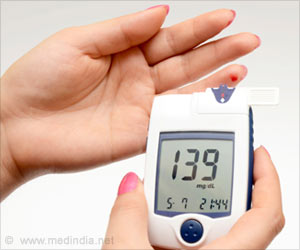A high-fat diet outside of fasting hours may minimize the risk of a low birth weight baby, suggests a new study.
- Healthy adult Muslims usually fast during the month of Ramadan
- Pregnant women who fasted during the first trimester of pregnancy delivered babies with lower birth weight
- However, researchers observed that this effect vanished when daily fat intake outside of fasting hours was increased
What is Ramadan Fasting?
Ramadan is the ninth month of the Islamic lunar calendar, and it begins in Australia on the evening of March 22 and ends on the evening of April 20 this year. Every day, from dawn to nightfall, healthy adult Muslims are obligated to fast. This includes refraining from drinking, eating, immoral behavior, and expressing rage. Prayer, reading the Quran, and charitable giving are also recommended during the holy month.How Does Maternal Lifestyle During Ramadan Influence the Baby?
German researchers examined maternal lifestyle during Ramadan to see if nutrition and sleep changes during the month (in addition to and independent of maternal fasting) are connected with neonatal health outcomes.Is it Advisable to Fast During Pregnancy?
Fasting during the first trimester (weeks 1 to the end of week 12) was found to be strongly related to lower birth weight. However, when daily fat intake outside of fasting hours is increased, this unfavorable effect vanishes. “The finding that dietary intake during Ramadan potentially moderates the fasting-birth weight association is of high relevance to pregnant Muslims who wish to fast, and their healthcare professionals, since dietary choices outside of fasting hours are often relatively easily modifiable,” said the authors.A new German study polled 326 Muslims whose pregnancies coincided with Ramadan in 2017.
According to the authors, "temporary caloric deficits" may be a mechanism by which intermittent fasting during pregnancy impacts the offspring's birth weight.
“Since high-fat content foods tend to have higher caloric contents, eating increased amounts of such food might lead pregnant women to reach sufficient daily caloric intakes. Furthermore, since fat has a low glycaemic index, increasing consumption of fat on fasting days may help delay the onset of physical states that are harmful to the fetus.”
According to the researchers, more research is needed to assess the significance of individual nutrients and food groups to offer precise dietary advice for pregnant Muslims who want to fast throughout Ramadan.
Source-Medindia
















